On Thursday, November 21, 2024, Kenyans will take to the streets in a nationwide protest calling for the removal of President William Ruto from office.
This demonstration, fueled by growing dissatisfaction with his leadership, especially concerning the country’s economic challenges, has gained significant momentum across various sectors of society.
Youth groups, social justice advocates, and opposition political figures have joined forces in amplifying the call for Ruto’s resignation, marking the latest chapter in a series of protests driven by frustrations with the government’s handling of public grievances.
The planned protest is a continuation of unrest that has been simmering throughout 2024. Earlier protests, particularly those against the finance bill, exposed widespread public anger over the government’s tax policies.
The controversial tax hikes proposed by Ruto’s administration pushed many Kenyans to the streets, demanding the resignation of the President.
Despite the government’s initial attempts to suppress these protests with tear gas and arrests, the demonstrations only grew in intensity.
These protests, which were largely centered on issues of economic inequality, served as a precursor to the broader political discontent that is now culminating in the November 21 protest.
This upcoming demonstration is expected to be widespread, with major cities such as Nairobi, Mombasa, and Kisumu seeing large numbers of people participating.
Social media has been a key tool in organizing the protests, with platforms like Twitter and Facebook helping to mobilize the masses.
Hashtags like #RutoMustGo have become rallying cries for those dissatisfied with the President’s economic and political policies.
The protesters are not just calling for Ruto’s removal but also demanding a fundamental shift in how the country is governed, with a particular focus on policies that prioritize the welfare of ordinary Kenyans over the interests of the political elite.
The protesters’ main grievances include the rising cost of living, high taxes, and widespread corruption within the public sector.
They argue that the current leadership has failed to address the economic hardships faced by ordinary citizens, while continuing to favor the wealthy and powerful.
Many are calling for fresh elections, believing that a new government could restore fairness, dignity, and transparency in Kenya’s political.
While some protest organizers are advocating for peaceful demonstrations, others, including prominent activists and opposition leaders, have warned that the protests could become more confrontational if their demands for action are ignored.
The situation is further complicated by the government’s response, which is expected to involve heightened security measures.
The presence of police on the streets suggests that the government is preparing for potential unrest, and the possibility of violent clashes between protesters and security forces remains a significant concern.
The outcome of these protests could have far-reaching consequences for President Ruto’s leadership and the future of Kenyan politics.
If the demonstrations succeed in drawing large numbers and generating widespread support, they could put immense pressure on the President to step down or make changes to his administration.
On the other hand, if the protests are met with heavy-handed crackdowns or fail to gain substantial traction, it could embolden the current government to push forward with its policies, further deepening the divide between the ruling elite and the Kenyans.
All eyes will be on how the government responds and whether this protest movement can ignite the political shift that many are calling for.



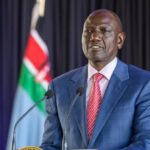


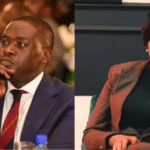
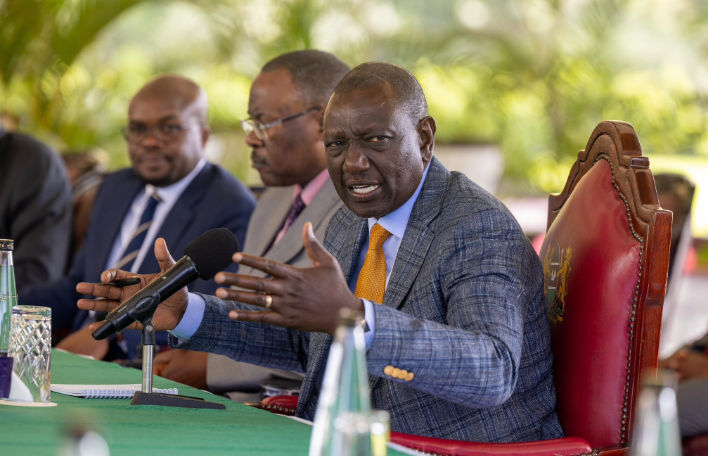
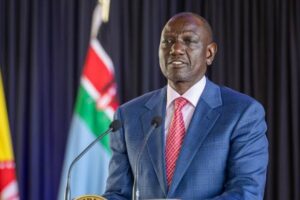
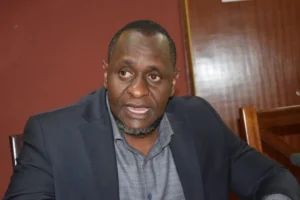
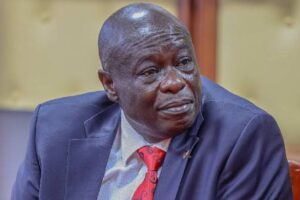
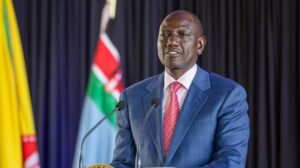

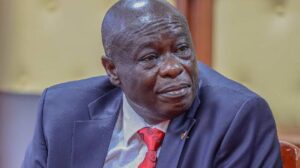


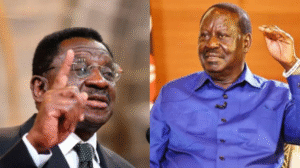

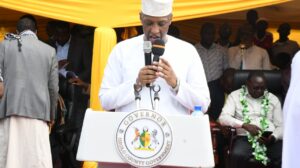

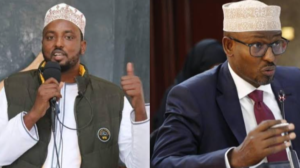
Add Comment